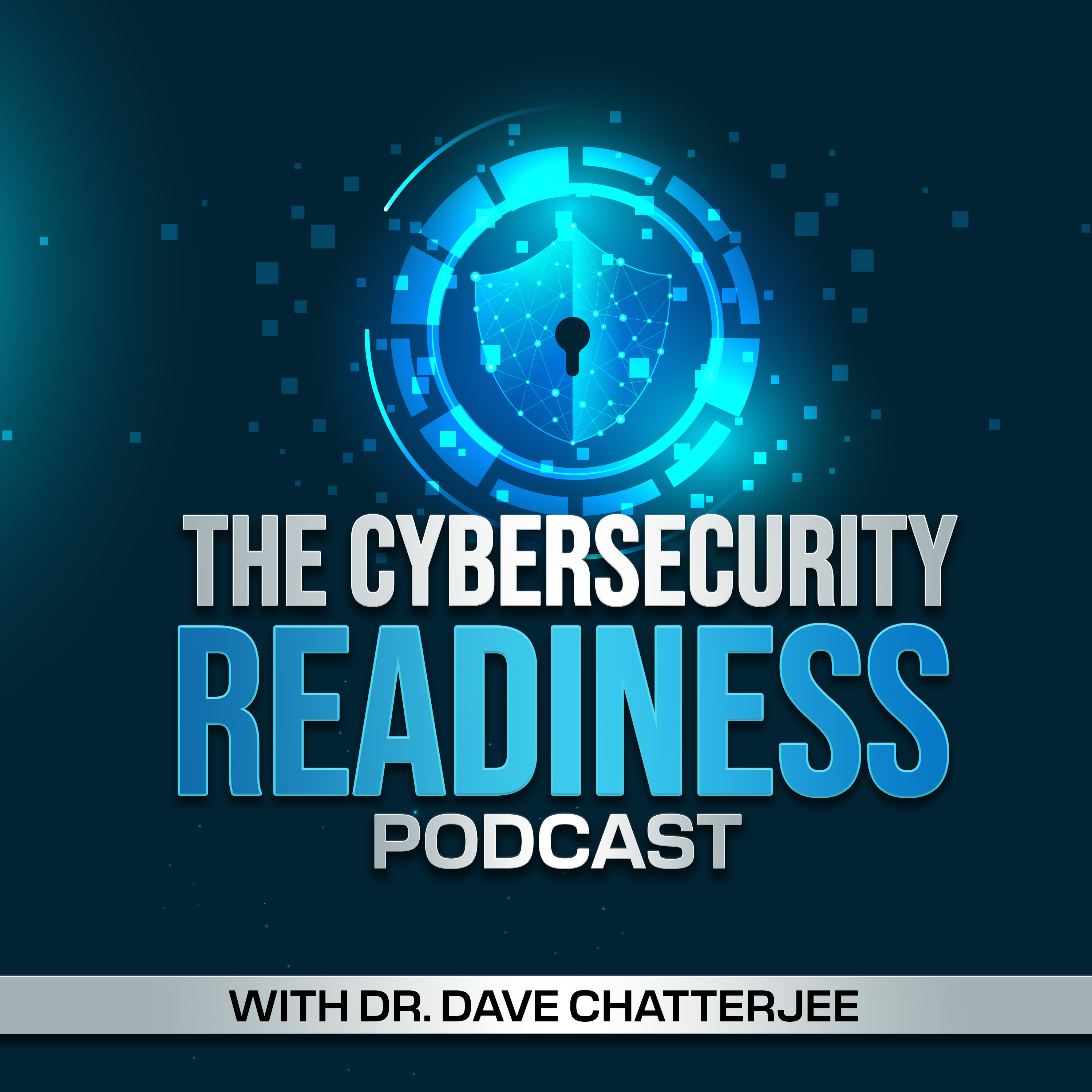Episode 50
Countering Insider Threats: Seven Science-Based Commandments
Research finds that there was a 44% increase in insider threat incidents across all types of organizations, and 56% of the reported incidents were due to negligence. Equally alarming is that the average annual cost to remediate a negligence incident was $6.6 million. Dr. Eric Lang, Ph.D., Director, Personnel and Security Research Center (PERSEREC), United States Department of Defense, draws upon his research to share some of the (science-based) commandments for understanding and countering insider threats. Emphasizing the criticality of human factors, Dr. Lang contends that "without individuals’ sincere commitments, the most extensive insider threat policies will fail."
To access and download the entire podcast summary with discussion highlights --
https://www.dchatte.com/episode-50-countering-insider-threats-seven-science-based-commandments/
Connect with Host Dr. Dave Chatterjee and Subscribe to the Podcast
Please subscribe to the podcast, so you don't miss any new episodes! And please leave the show a rating if you like what you hear. New episodes release every two weeks.
Dr. Chatterjee's Professional Profile and Media Kit: https://tinyurl.com/bdenv88p
Connect with Dr. Chatterjee on these platforms:
LinkedIn: https://www.linkedin.com/in/dchatte/
Website: https://dchatte.com/
Cybersecurity Readiness Book: https://www.amazon.com/Cybersecurity-Readiness-Holistic-High-Performance-Approach/dp/1071837338
https://us.sagepub.com/en-us/nam/cybersecurity-readiness/book275712
Latest Publications:
https://www.imd.org/ibyimd/magazine/preventing-security-breaches-must-start-at-the-top/
Latest Webinars:

